Sydney commuters spending more than $8000 a year on toll roads
SYDNEY is about to become the road toll capital of the world. An investigation by The Daily Telegraph can reveal some drivers are already spending more than $8000 every year just to get to work.
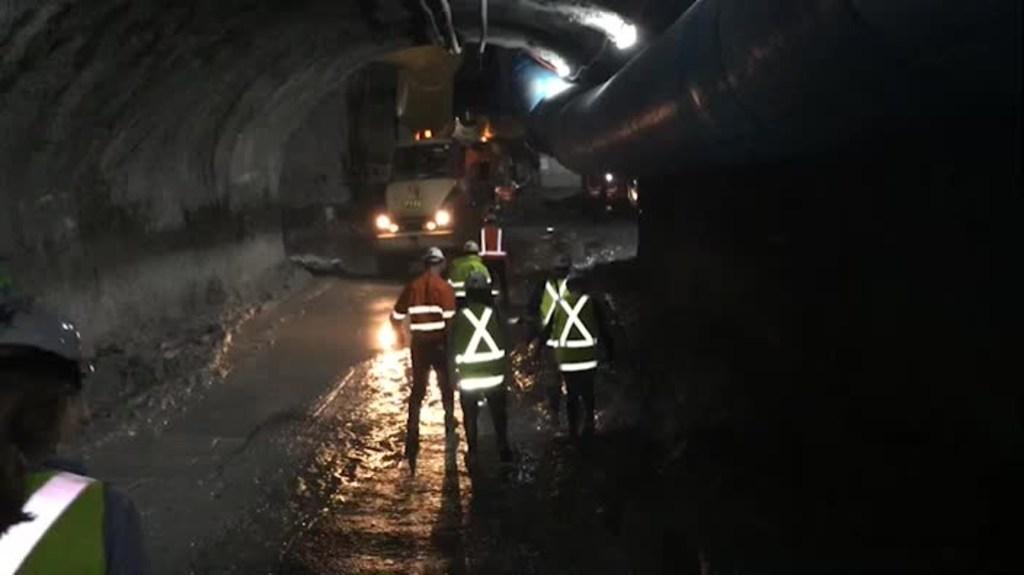
NSW
Don't miss out on the headlines from NSW. Followed categories will be added to My News.
- 2017 NSW Budget: Tolls pain paves way for future road growth
- Toll road operator Transurban set to bid for WestConnex
SYDNEY will have more road tolls than any city in the world by 2023, a special investigation by The Daily Telegraph today reveals.
Australia’s biggest and busiest city is already home to 135km of tolled roads across nine major roadways — with some drivers spending more than $8000 every year just to get to work. This includes the M5 from Prestons to Beverly Hills, M2 from Seven Hills to Epping and the Westlink M7.
And it’s only set to get worse with six more toll roads in the next five years.
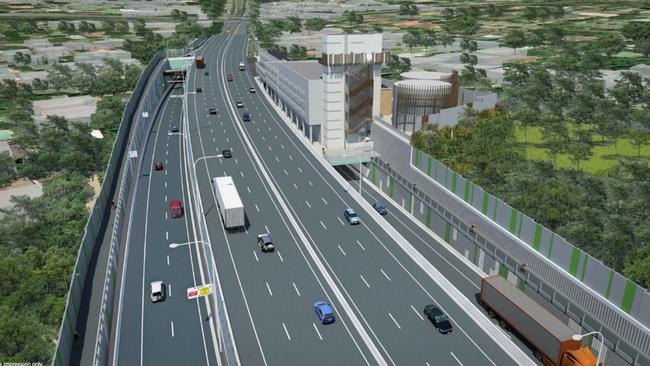
The widened M4 Parramatta to Homebush comes into operation next month.
Then there’s the NorthConnex in the Hills, followed by the $16.8 billion WestConnex which is expected to open by 2023. Other future projects likely to be tolled include the M9 Orbital and M12 in the west, the F6 in the south, the Northern Beaches Link and the Western Harbour Tunnel.
By then Sydney would have 15 toll roads, more than the number of tollways across the entire UK. Experts said our Harbour City would take the mantle of the most tolled city in the world.
Drivers from northwest Sydney travelling into the CBD can pay about $170 every week, or $8100 a year, to get to and from work each day using the M7, M2 and Lane Cove Tunnel and Harbour Bridge or Tunnel.
Driven to despair....Tell us your toll road nightmare below
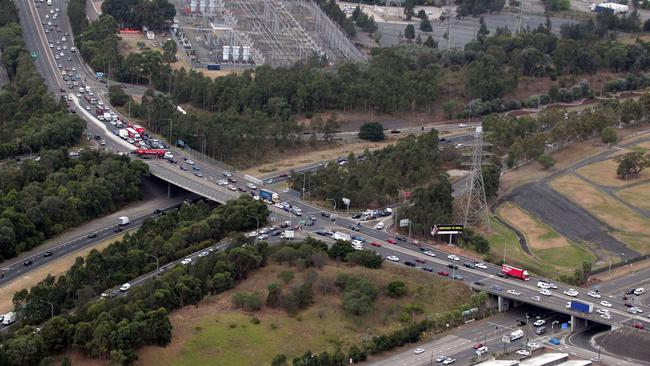
Those travelling on the M5 and M7 to get around Western Sydney can pay $124.80 every week or about $6000 a year.
While tolls are meant to curb congestion, Blacktown mayor Stephen Bali said the reality was they disadvantaged people who had to drive because public transport options were so poor.
“Once again, Western Sydney is facing the issue of tolls,” he said. “The part of Sydney that is most poorly served by public transport is being penalised for having to take to the car to get to work.”
Private company Transurban owns and operates the majority of Sydney’s toll roads. In the March quarter the company reported toll revenue in Sydney alone increased 9.8 per cent to $215 million, with drivers spending $98 million alone on the M2, which is wholly owned by Transurban.
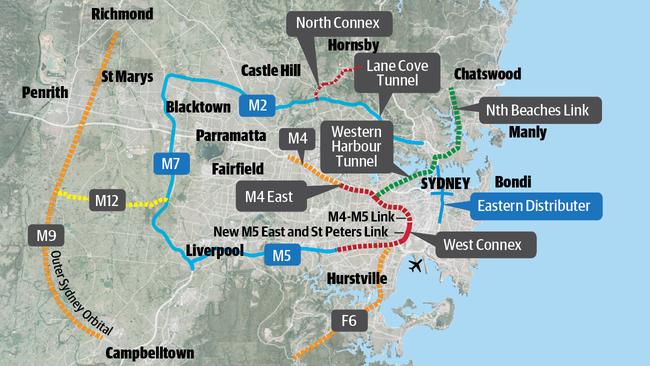
Sydney University professor and Institute of Transport and Logistics Studies founding director David Hensher said Sydney motorists were at breaking point.
“There is only so much people will be willing to pay before they reach what I call toll saturation,” Mr Hensher said. “Whether you have a fast trip or slow trip ... you get charged the same.
“Road users should be compensated if journey times are not what is promised.”
Roads Minister Melinda Pavey said “with every toll road that is built there will always be a free alternative available for motorists who do not wish to pay a toll”.
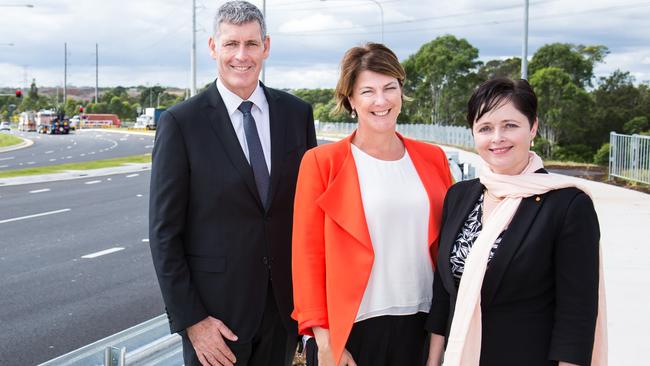
Ms Pavey said research by government department Transport for NSW found that “59 per cent of motorists are in favour of new toll roads to make getting around Sydney easier”.
“The population in Sydney is expected to grow substantially in coming years,” Ms Pavey said.
“The growth will place increased demand on the road and transport networks, which is why major road projects are being developed and delivered now.
“Without these projects, congestion on major corridors would be considerably worse.”
However, Opposition Leader Luke Foley said there must be more oversight of how tolls were operated.
“Currently, it’s unclear how tolls are set (and) whether they represent good value for taxpayers,” Mr Foley said.
Paying $800 just to work
LANDSCAPER Lincoln Fisher can spend $800 a month in tolls as he travels to jobs across Sydney from his Northern Beaches-based business.
The 24-year-old from Belrose said the increasing cost of tolls was difficult to absorb and he feared having to pass it onto customers if he wanted to remain competitive in the market.
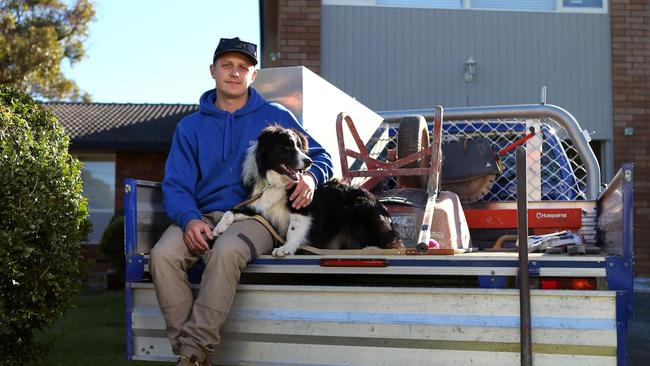
One of his employees spent $500 in a month commuting from Pennant Hills to the Northern Beaches.
He said the government needed to halt the increase in tolls to allow ordinary people to drive to work.
“You do have to have a toll on it for repairs but to pay so much (is unfair),” he said.
“And you can be stuck in traffic so the road isn’t giving you anything. If it came in cheaper, at half the price, that would be a fairer situation.
“They should make the price proportional to the time you spend on the tollway, so we’re not paying through the nose just to sit in traffic.
“You get on the motorway expecting sit at 80km/h or 100km/h but you’re stopped and you still have to pay the same if it is busy or if it is quiet.”
— CHRISTOPHER HARRIS


